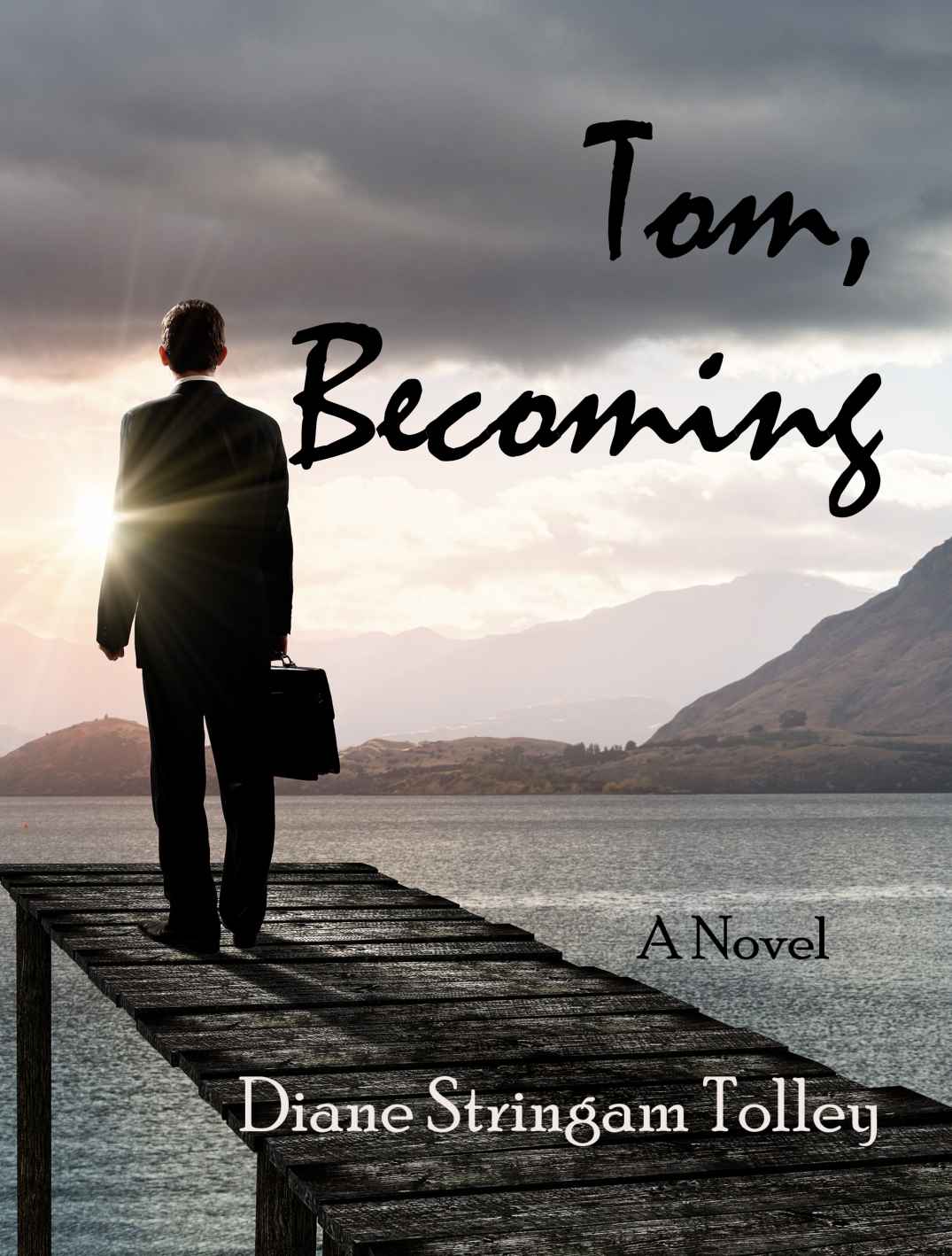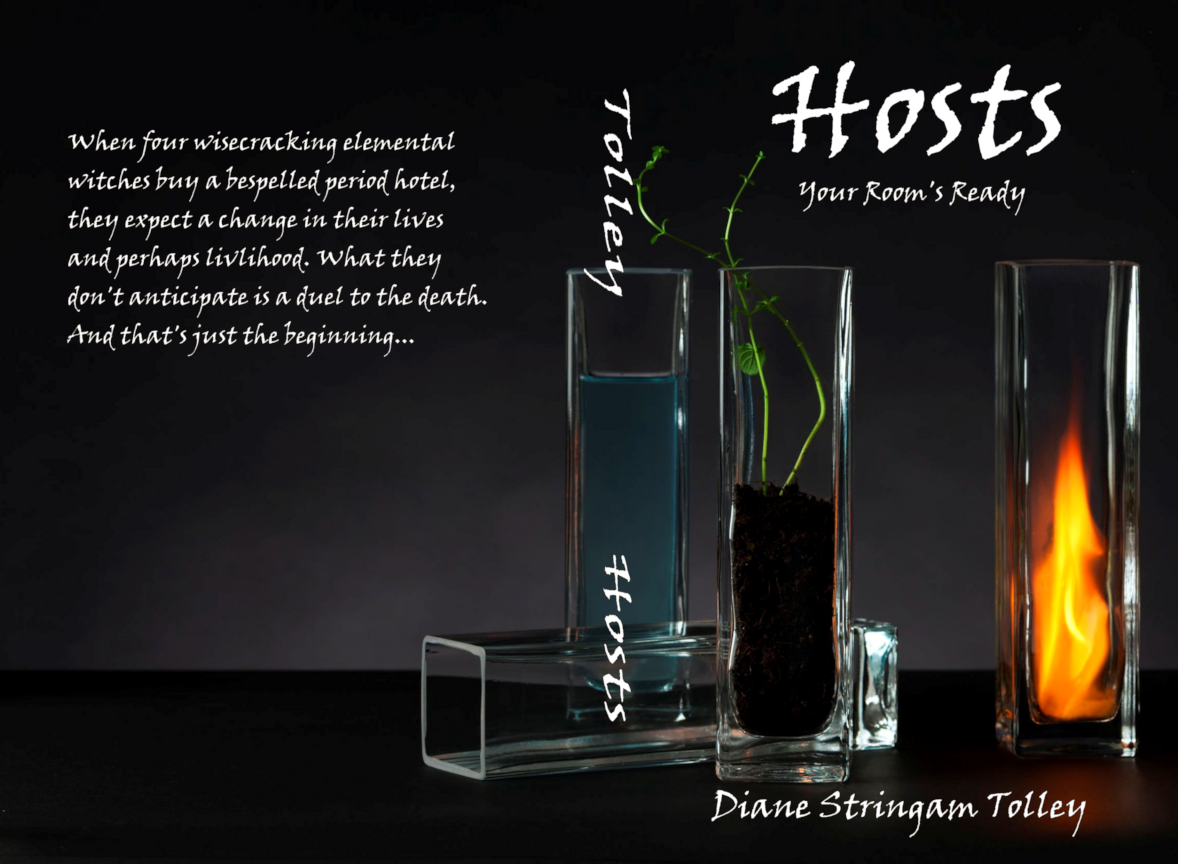 |
| Turtle Mountain - After the tragedy |
Not far from Calgary, Alberta, and just east of the Crowsnest Pass, lies the small, bustling town of Frank, Alberta, nestled on the floor of a deeply-glaciated valley.
Looming menacingly nearby is Turtle Mountain.
Also nearby is a scene of a destruction of such magnitude that it has never been equalled!
In the early morning hours of April 29, 1903, Turtle Mountain collapsed, resulting in the greatest landslide in North American history.
In 100 seconds: at least 76 people were buried alive under tons of massive limestone boulders; three-quarters of the homes in Frank were crushed like balsa wood; over a mile of the Canadian Pacific Railroad was completely destroyed; and a river became a lake.
Yet, few people have ever heard about it. - Neil Simpson
My parents were driving out to the coast and travelling through Frank Slide was a necessity.
In the years after the tragedy, little of the rubble had been disturbed. The giant boulders and pieces of mountain lay where they had fallen, a silent testament to those trapped forever beneath.
The road had been cut through and the railway reconnected.
Little else had been disturbed.
Driving through, one's car dwarfed by the massive chunks of rock.
One could easily imagine the horror and heartbreak of that fateful morning.
Unless one was four.
Which I was.
I should mention here that, when our family travelled, the scenery or anything else flying past us outside the car never interested me. Because when I was in a car I was either:
- Sick
- Oblivious
- Sick and oblivious
- Asleep
The only thing that could rouse me were the words, “Look! Horses!”
I would leap up instantly, despite being heretofore (real word) comatose and press my nose against the nearest window. “Where!? Where!?”
One or the other of my parents would point out the eagerly anticipated animals.
I would stare at them for as long as time permitted, then collapse back onto the seat with a sigh and return to whatever I had been doing.
I was fairly easily entertained.
But I digress . . .
The road had been long. We had already been travelling for an hour.
I was drowsing on the back seat.
Suddenly, Dad spoke up, “Here we are kids! Frank Slide!”
At almost the same time, my Mom said, “Look at all the rock!”
The tone of voice was the same as what my parents used whenever they pointed out something interesting.
Like horses.
But because the word 'horse' had not actually been used, I was slow to respond.
I must admit that I never even heard my Mom's comment.
I sat up and pressed my face against the window.
I don't know what I was expecting. Dad had said something about a 'slide'.
To me that meant something 'playground-y'.
All I could see were huge rocks.
What kind of playground was this?
Finally, I turned to my parents and said, “Can't see it!”
They burst out laughing.
What was that all about?
Mom pointed out the window. “Can't you see all the rock?”
I glanced outside. “Yeah.”
“Well that's it!”
I looked again. “But I can't see it!”
I don't think they ever figured out that I was talking about the 'slide'.
The real slide. The one Dad had seen.
All they wanted was to look at the stupid rocks.
Parents are so weird.


































They forgot to tune in to the 'kid speak'.
ReplyDeleteAnother entertaining post ... and another entertaining label!!
ReplyDeleteThere were a couple of times my parents misunderstood what I was trying to convey, too, and it is such a feeling of unfairness!
That certainly was a tragic landslide. I love giant rocks so I'd have popped up from my "bucket" to have a good look. (I always had a bucket on my lap when in the car, just in case).
ReplyDeleteOut here playground slides are called slippery dips, so there wouldn't have been the confusion.
My bucket was nearby, I'm sure! Slippery dip. Perfect description-in-a-title! I'm going to adopt that!
Delete